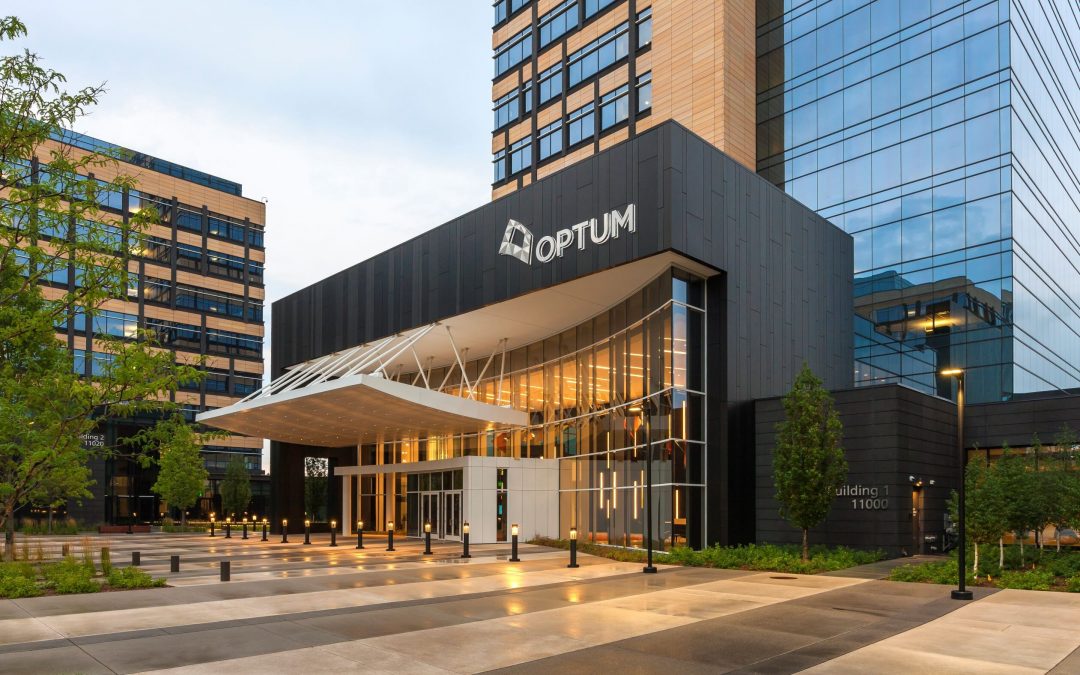How would someone describe Optum, exactly? Some would define it as the most significant division of UnitedHealth Group, one of the country’s largest health insurance and managed care providers. Others would highlight its national pharmacy offerings, or its physician network and services. It can even be called a digital health and analytics company.
All of the above is true. Through its aggressive M&A strategy, Optum has transformed into a healthcare company with a deep presence in nearly every healthcare vertical, from physician practices to behavioral health providers. According to data captured in the LevinPro HC platform, Optum has struck almost 30 acquisitions. Its largest is the purchase of Change Healthcare, valued at $13.2 billion, debt included. Change Healthcare is a leading independent healthcare technology company that provides data and analytics-driven solutions.
The Department of Justice did challenge the deal, citing antitrust concerns, but UnitedHealth and Change won the right to proceed with their merger in district court in September 2022 and fully closed the deal in October.
Optum has also purchased eight physician groups over the years, and it entered the behavioral health market in March 2022 with the acquisition of Refresh Mental Health, which runs 300 locations across 37 states that offer various services, including psychiatry, eating disorder and substance abuse treatment.
Most recently, the company closed on a surprise deal for Amedisys, Inc., a national home health provider.
Early in May, Option Care Health, the largest independent home and alternate site infusion services provider in the United States, offered $3.6 billion to acquire a 64.5% stake in Amedisys and its multi-state home health and hospice network.
However, only a few weeks later, Amedisys announced it received an unsolicited offer from Optum valued at $3.73 billion. Despite some assurances from Amedisys’ board that the deal with Option Care remained favorable, the company agreed to take Optum’s offer. The final bid was bumped to $101 per share from the original $100 per share, resulting in a total valuation of 1.7x Amedisys’ 2022 revenue and 18.1x EBITDA.
Although the deal fell through, at least Option Care is set to receive a $106 million “breakup” from Amedisys for walking away.
This isn’t the first major home health deal struck by Optum. In March 2022, Optum paid $6 billion to acquire LHC Group, Inc., a home health provider with a network spanning 37 states. According to HealthCare Appraisers, LHC Group and Amedisys have a combined home health market share of nearly 10%. In a year, Optum managed to capture a significant portion of the home health market. With UnitedHealth Group’s health insurance network, that’s a lucrative revenue stream with no intermediary.
It’s worth noting that Optum and United Healthcare aren’t the only managed care companies moving into the home health space. Humana, for instance, took over Kindred at Home in a deal valued at $7.1 billion and purchased onehome, a Florida-based home health network. Activity from CVS and Walgreens are not to be ignored either.
For the past few years, there has been public discourse about shifting our healthcare system to a “single-payer system,” but it seems like the healthcare M&A market is dragging us in that direction anyway. Controlling every slice of the healthcare vertical (especially the post-acute care market) has been key to growth, which has driven Optum’s M&A strategy and will continue to play a major influence in the industry.

